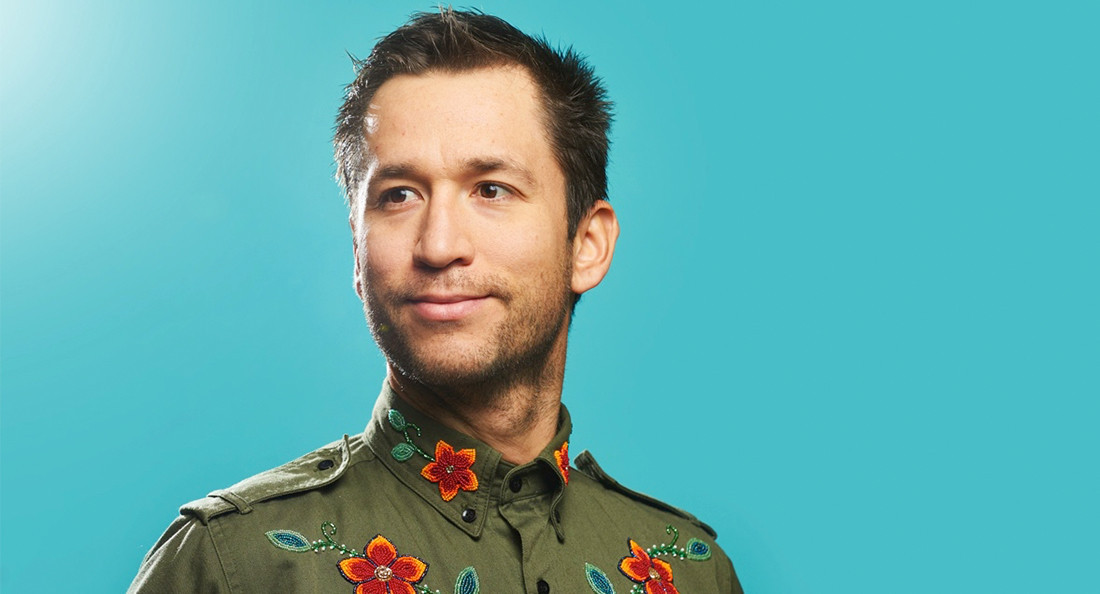Discussing the past, present and future of Indigenous activism
U of M hosting virtual roundtable on Dec. 7
The past, present and future of Indigenous activism is the central topic of a virtual roundtable led by University of Manitoba (U of M) students on Dec. 7.
Dr. Réal Carrière, an assistant professor of political studies at the U of M, says the panel consists of students in his class on Indigenous activism. The event will also feature two guest speakers: Mylan Tootoosis, an activist and PhD candidate in Indigenous studies at the University of Saskatchewan, and Jenna Vandal, a Métis land defender who was actively involved in the Rooster Town blockade.
Though Carrière says students are given the licence to present on a topic of their choosing, he suspects certain themes may arise.
“I think the growing theme in contemporary Indigenous activism is the shift to more grassroots activism,” he says.
“Some of these movements seem like Indigenous movements, but they’re just Indigenous peoples practising their rights,” Carrière says. “The state and settlers say ‘no, you can’t practice these rights,’ so it seems like there’s activism.” He says a current example of this is the Mi’kmaq fishing conflict.
In 2017, Vandal helped organize a group to occupy an area that was on traditional Métis territory, after hearing it was being sold to the land developer
Gem Equities.
“The land used to be a part of a territory called Rooster Town, which was the last Métis settlement in Winnipeg,” she says. After seeing a video of the developers clearcutting in the area, Vandal and others went down to set up a blockade camp to defend the land.
“We ended up staying there and blockading for two months,” she says. “We set up camps. We spent the night there. There were hundreds and hundreds of visitors that came and supported us.”
With the promise of a provincial anti-blockade law, Carrière says Indigenous peoples will continue to fight for the greater good of their communities, despite attempts to diminish these efforts.
“Indigenous peoples are seeing that these moderate methods of protest, whether it be petitions or legal challenges, are just underworking,” Carrière says. “If there’s going to be more laws that are anti-Indigenous and anti-protest, Indigenous people are prepared to go. This is their inherent right they’re fighting for.”
Vandal suspects an anti-blockade law may actually fuel even more Indigenous activism.
“I don’t think it’s going to slow down Indigenous activism at all,” she says. “In fact, I think it will ignite a new fury in people's hearts to protect the land.
“The land is what makes us Indigenous. The land is where we get our skills from. It’s where we get our belonging from. The land is our mother. The land is our lawyer. The land is our friend.”
A Zoom link to the virtual roundtable can be found on the University of Manitoba’s events calendar. The event is free, registration is not required, and all are encouraged to attend.
Published in Volume 75, Number 10 of The Uniter (November 19, 2020)







